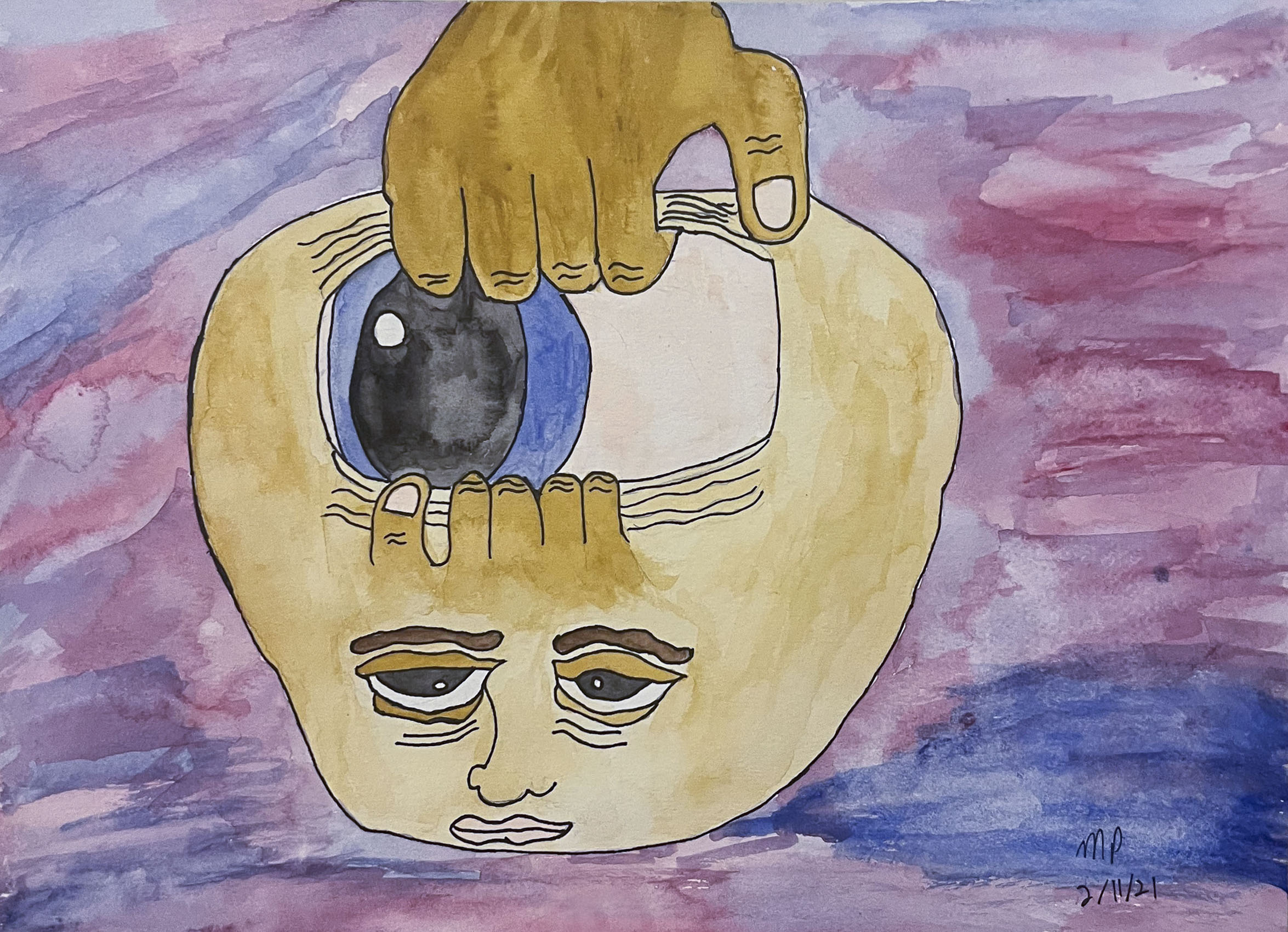Inpatient Mental Health Services Designed for Holistic Care
Comprehensive Inpatient Mental Health And Wellness Providers for Effective Treatment
Inpatient psychological wellness solutions represent an important component of the health care system, giving a organized and extensive atmosphere for people experiencing serious psychological distress. These services utilize a multidisciplinary approach, integrating different evidence-based treatments to resolve the complex demands of patients. Nevertheless, the effectiveness of such detailed care expands beyond immediate stablizing; it likewise encompasses the change to outpatient assistance, a critical phase frequently neglected. Discovering the subtleties of this continuum reveals significant implications for both private recovery and wider psychological health and wellness results. What factors really influence this shift, and exactly how can we enhance its efficiency?
Comprehending Inpatient Mental Health Providers
Inpatient mental health solutions offer critical support for people experiencing extreme emotional distress that can not be handled effectively in an outpatient setting. These services are created to offer an intensive level of care in a structured atmosphere, often within a medical facility or specialized center. People admitted to inpatient programs typically show severe signs and symptoms, such as self-destructive ideation, severe anxiety, or psychosis, demanding round-the-clock surveillance and intervention.
The admission process generally includes an extensive assessment by mental health specialists, who review the person's frame of mind, background, and immediate demands. Once confessed, clients participate in a variety of restorative modalities customized to their specific needs, consisting of medication monitoring, specific treatment, and group sessions. This holistic approach intends to support the individual's condition, advertise safety and security, and foster coping skills.
Inpatient psychological health and wellness services not just address prompt wellness issues yet also offer as a bridge to ongoing care. By giving a regulated atmosphere, these solutions promote the growth of treatment plans that can be proceeded in outpatient settings, therefore guaranteeing a continuum of treatment and enhancing long-term results for individuals with complex mental health requirements.
Trick Components of Effective Therapy
Effective therapy in inpatient mental health and wellness solutions makes up numerous key parts that promote recovery and stablizing. Primarily, a thorough evaluation is vital to identify the person's certain needs and challenges. This evaluation notifies the advancement of a customized therapy plan, which acts as a roadmap for treatment.
Another important element is the multidisciplinary group approach. Cooperation among psychoanalysts, psychologists, nurses, and social workers makes sure that various perspectives contribute to the client's treatment, improving the efficiency of therapy. Evidence-based restorative modalities, such as cognitive-behavioral treatment (CBT) and dialectical actions therapy (DBT), are additionally indispensable, offering organized techniques that resolve maladaptive idea patterns and behavioral problems.

Finally, a concentrate on aftercare planning is important to make sure a seamless change to outpatient services, minimizing the threat of relapse and advertising long-lasting wellness. These cumulative components create an effective therapy structure within inpatient mental health services.
Advantages of Comprehensive Treatment

Thorough care in inpatient mental health services learn this here now provides numerous benefits that considerably enhance person outcomes. Among the main advantages is the all natural strategy to therapy, addressing not only the emotional symptoms but also the physical, social, and psychological needs of individuals. This comprehensive analysis permits tailored treatments that promote general well-being.
An additional benefit is the integration of multidisciplinary teams, which cultivates partnership amongst health care experts. This joint environment ensures that patients obtain worked with care, lowering the threat of fragmented treatment and boosting interaction among caregivers. Moreover, thorough care promotes connection of services, enabling seamless transitions from inpatient to outpatient settings, which is crucial for long-lasting healing.

Lastly, the organized setting of comprehensive inpatient care provides a safe area for people to participate in therapeutic activities, aiding them develop coping strategies and strength. Collectively, these benefits add to a lot more efficient treatment and improved lifestyle for people experiencing mental health crises.
Evidence-Based Therapeutic Strategies
In the world of mental health and wellness therapy, evidence-based healing approaches play an important duty in making sure that patients receive effective and scientifically supported interventions. These approaches integrate the most effective available study with clinical expertise and client worths, fostering a customized treatment experience that attends to specific requirements.
Cognitive Behavior Modification (CBT) is one of the most commonly acknowledged evidence-based methods, concentrating on determining and altering negative idea patterns and actions. This structured strategy has actually shown efficiency in dealing with conditions such as anxiety, ptsd, and depression. anchor Similarly, Dialectical Actions Treatment (DBT) is specifically reliable for individuals with borderline personality condition, emphasizing the advancement of emotional law and social performance skills.
In addition, medication management is commonly an indispensable part of evidence-based therapy, as psychotropic medicines can reduce signs and symptoms and boost total functioning. Collaborative care models, which involve multidisciplinary teams, better improve the efficacy of inpatient solutions by making click site certain comprehensive analyses and continual monitoring.
Eventually, the assimilation of evidence-based restorative strategies not just advertises positive clinical outcomes yet also empowers patients, promoting a sense of company and resilience in their mental health journeys.
Transitioning to Outpatient Support
The change from inpatient psychological health and wellness services to outpatient assistance notes a critical phase in a patient's recovery trip. This duration requires mindful planning and coordination to guarantee connection of care and to minimize the dangers of relapse or dilemma. Reliable discharge planning must begin early in the inpatient remain, including a multidisciplinary group that consists of psychiatrists, psychologists, nurses, and social employees.
Secret components of an effective transition consist of the development of a thorough aftercare strategy tailored to the individual's certain requirements. This strategy ought to outline follow-up visits, drug management, and restorative interventions, in addition to recognize area resources and support system that can promote recurring healing.
Moreover, patient and family members education is essential throughout this phase. Recognizing the indicators of prospective setbacks and the importance of sticking to treatment can encourage people and their assistance systems.
Normal follow-up and reassessment of the outpatient plan are necessary to resolve developing challenges. By cultivating a joint connection in between outpatient and inpatient service providers, the chance of sustained recovery boosts, ultimately boosting the individual's top quality of life and decreasing the danger of readmission.

Verdict
In summary, thorough inpatient psychological wellness solutions provide a crucial framework for resolving serious mental distress through a multidisciplinary strategy. By incorporating evidence-based treatments, fostering an organized setting, and promoting family participation, these solutions improve therapy effectiveness. The emphasis on security and the development of dealing skills not only aids in prompt recovery however likewise promotes a smoother transition to outpatient treatment. Inevitably, such extensive care is important for long-lasting psychological health and wellness and well-being.
The admission procedure normally involves a detailed assessment by psychological wellness experts, who assess the person's mental state, background, and immediate demands.Efficient treatment in inpatient mental health and wellness solutions consists of numerous crucial parts that promote healing and stabilization.Comprehensive care in inpatient mental health and wellness solutions supplies various benefits that considerably enhance client end results.The transition from inpatient mental health services to outpatient support notes a critical stage in a patient's recovery journey.In recap, extensive inpatient mental wellness services offer an important framework for resolving serious psychological distress via a multidisciplinary strategy.